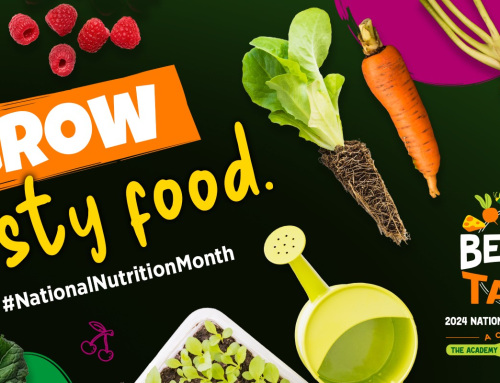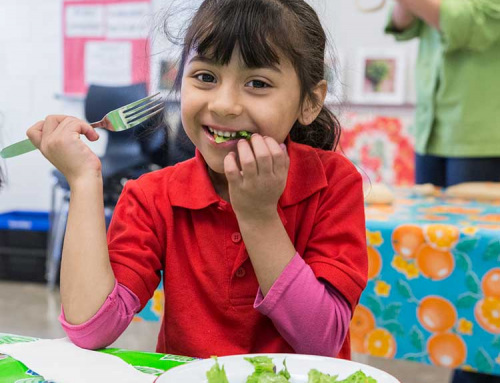
When it comes to aging, there is no “one size fits all” plan. Vitality varies from person to person. However, there are many ways you can help combat some of the health concerns commonly associated with aging.
- Stay Hydrated
Hydration is important at any age, but it is particularly key for older adults. The average person requires roughly 1 milliliter of fluids for every calorie consumed. Therefore, if you consume an average of 1,800 calories daily, you require around 1,800 milliliters, or 60 ounces, of fluids.
- Keep Moving
The USDA recommends adults at any age should get at least 250 minutes of exercise each week. This can include gentle activities, such as yoga, walking, or swimming, which are also beneficial because they minimize the impact to your joints.
- Focus on Protein
Our body composition changes with age. Aging is associated with an increase in total body fat, as well as a shift of that fat distribution. An older individual has higher total body fat and visceral fat (fat surrounding the organs). The standard daily recommendation for adults of all ages is typically .8 grams of protein for each kilogram of body weight. So, a 140-lb. individual would require roughly 50 grams of protein daily. A few high-protein sources include animal products (fish, meant, eggs, and dairy), beans, nuts and seeds, and milk.
Stay tuned for more nutrition tips for seniors.






